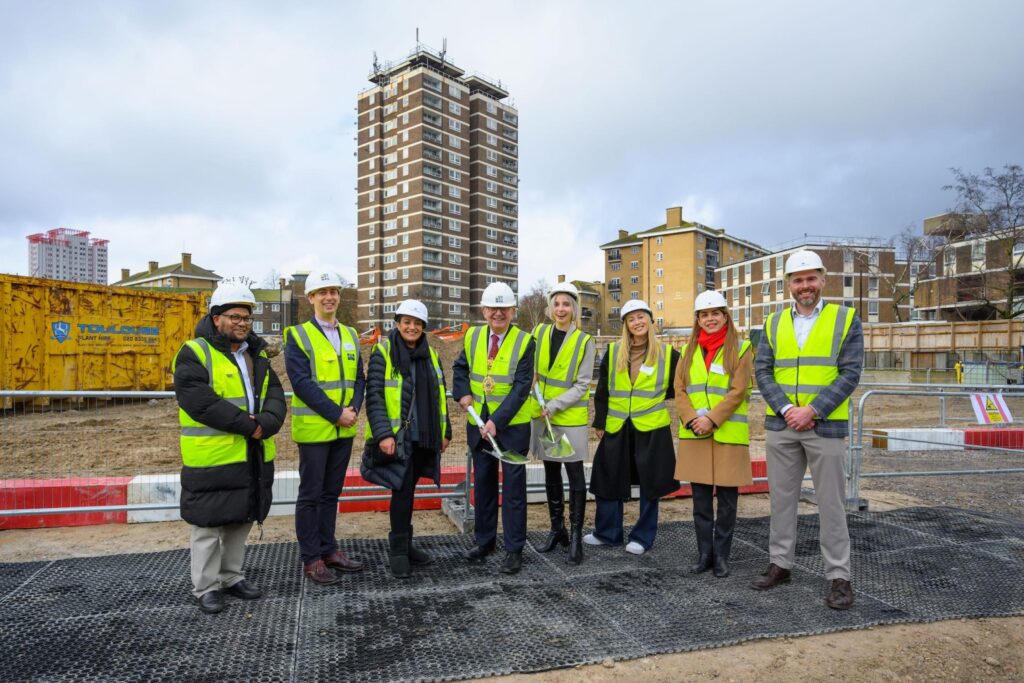In most cases if you rob Peter to pay Paul, then Paul is going to be content. However, under the government’s proposal to extend right to buy (RTB) both councils (who will be forced to sell of their best stock) and housing associations (who will be compensated by councils for homes sold at a discount to tenants) will be left reeling. While the debate over the pros and cons of extending RTB has focused on the wisdom of the policy in terms of the impact on supply of affordable housing, less has been made of what it will mean for the relationship between housing associations and local government. A relationship which is already starting to show signs of strain due to the effects of continued fiscal austerity.
In a new report published by the Smith Institute and sponsored by Sovereign Housing Association, we place the spotlight on this evolving relationship by capturing the views of councils and housing associations before the RTB proposal was on the table. This relationship is critical to support the provision of affordable housing, deliver new homes and ultimately ensure people are adequately housed. However, it was clear from the interviews with council officers that the cocktail of welfare reform and less development grant was having serious implications for how the relationship is functioning in practice.
The government’s brazen (and unfortunately popular) attack on social security for those on low incomes has meant that many social tenants are now more likely to get into rent arrears. The prospect of direct payment of housing benefit (as part of the move towards Universal Credit) also increases that risk. At the same time grant for developing new affordable housing has been substantially cut. This has meant that housing associations have had to look even more to the bond markets to fund new housing. They have had to increase their gearing and take on more risk – something the housing regulators are far from relaxed about. Moreover, housing associations have also needed to raise more money through the private housing market to cross-subsidise building sub-market homes. Less subsidy and more risk means housing associations are becoming more cautious about who they were willing and able to house.
‘While the debate over the pros and cons of extending right to buy has focused on the impact on supply of affordable housing, less has been made of what it will mean for the relationship between housing associations and local government. A relationship which is already starting to show signs of strain due to the effects of continued fiscal austerity’
These changes appear to have resulted in a move away from traditional relationship based on shared values towards a more professional one based on negotiations and contract. There are many instances where these new partnerships are working well. However, in some places tensions are worsening over planning consents and nominations policies.
Of the planners spoken to, most would still prefer to deal with a housing association over a private developer. However, the difference between private developers and developing housing associations was said not to be as great today as it once was. Some council officers cited as examples the tendency of some associations to appeal planning decisions and negotiate S106 requirements downwards.
For nominations, the tensions arose out of housing associations becoming less willing to accept local authority nominations of tenants who failed to meet affordability criteria or has a record of arrears. There was feeling among some local authorities we spoke to that by doing this housing associations were less willing to help them meet their statutory homelessness duties. From a housing association perspective with pressures to maintain viability and reduce risk as a consequence of less support from government taking on tenants might well not pay their rent was problematic.
The evidence from those we heard from clearly points to growing tensions. This could well become worse if RTB is extended alongside further welfare cuts. At a time of increasing housing need, local authorities and housing associations will need to work extra hard to settle these differences. The shared prize is well worth the effort. Failure to find common purpose will leave those who most need help even worse off.

















Leave a Reply